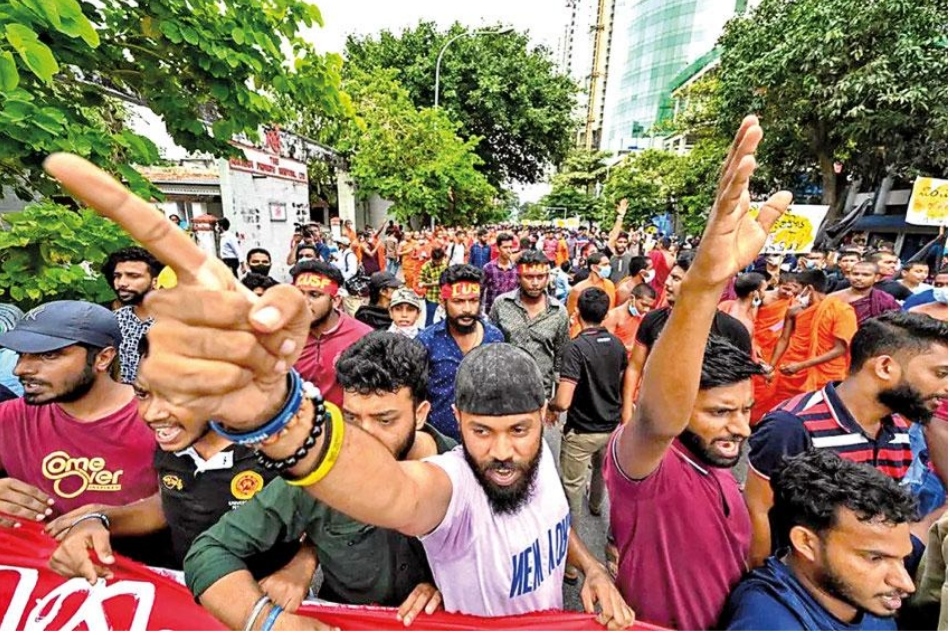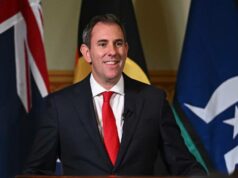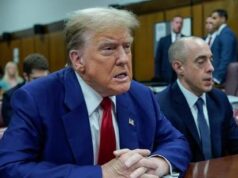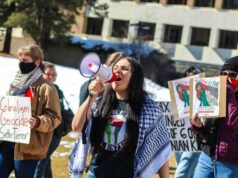Sri Lanka’s Dilemma : Individual Liberties or Economic Development?

By Damintha Gunasekera
Many expressed fears that the proposed draconian Anti-Terrorim Bill would quell democratic rights such as freedom of speech, freedom of expression, protests etc., if approved
Currently, the proposed Counter-Terrorism Bill dominates the headlines. After all, with the aragalaya and the subsequent ousting of the Rajapaksa regime, isn’t this the type of crackdown Sri Lanka was hoping to move away from?
However, amidst this proposed bill and other authoritarian actions taken by the Government, it is imperative that we get an understanding of the situation – in order to develop there will inevitably be trade-offs, and in Sri Lanka’s case the trade-off for development may be individual liberties.
Delving into the details of the Bill is beyond the scope of this article. Instead, it will explore the compromises we as a people may need to make in order for Sri Lanka to develop and move forward for the ‘common good’.
Civil Liberties or Economic Prosperity?
During the Cold War, the West emphasized civil and political rights, while the Soviet bloc prioritized economic, social, and cultural rights. Decades later, little has changed, with the West still promoting democracy and individual liberties as the blueprint for governance. However, this model hasn’t particularly resulted in economic prosperity for many developing countries throughout the global south.
Instead, it’s resulted in the rise and fall of several military dictatorships, tyrants, oligarchies, and democracies that have failed to deliver adequate development. On the other hand, the ‘Chinese Model of Development’, which prioritizes economic growth and stability over individual liberties and freedom, has proven successful in many Asian countries.
This begs the question of whether we are on the right path or if an alternative model for development should be considered. Should individual liberties be traded off for economic prosperity for all? While the West is apprehensive of China exporting its development model, their proven track record shows there is some merit. Even Henry Kissinger, one of the world’s greatest diplomats, understood that in peacemaking efforts, there is an overriding problem of how to address ‘the sense of individual justice to the common good’.
In many ways, the Prevention of Terrorism Act (PTA) brought in 1979, is outdated and does not adequately address the new forms of terrorism Sri Lanka may endure in the 21st Century
Effect of Protests, Unions, and Free Speech on Economy
In many ways, the Prevention of Terrorism Act (PTA) brought in 1979, is outdated and does not adequately address the new forms of terrorism Sri Lanka may endure in the 21st Century. Thus, there is an urgent need to bring in legislation that is able to tackle the current forms of terrorism, but that may include trading off individual liberties.
Even the Founder of Human Rights Watch, Arieh Neier, noted in his essay, “Rights of People,” that certain limits on rights may be necessary to protect the rights of others, ensure public safety, and promote military necessity. However, those opposing the newly proposed Counter-Terrorism bill in Sri Lanka, including left-leaning parties, journalists, trade unions, student activists, and civil society unions, argue that the bill aims to curtail free speech and the right to protest.
Despite this, a considerable portion of society believes that the ongoing strikes and protests led by the same parties impede the progress of the President’s efforts to rescue the economy. For example, for a rural farmer in Polonnaruwa, having the right to protest may not be as crucial as economic stability through access to affordable fertilizer or kerosene.
Additionally, Sri Lanka has been held back for decades by the same leftist parties, trade unions, and student activists that advocate for protectionist policies and inefficient government-run businesses, which led us to bankruptcy in the first place. Is it reasonable to let them persist as an obstacle to the state’s development programme?
Why an Alternative Development Model May Be the Way Forward
Several countries in East and South East Asia including Taiwan and Singapore, are proof that there is merit to this development model. While economic development necessitates government’s intervention and regulation to guarantee stability, attract investment, and foster growth; individual liberty requires freedom from government interference, enabling citizens to make their own choices and pursue their interests.
The trade-off between economic development and individual liberties is a significant issue for Sri Lanka, a country that has struggled to transition from a closed, socialist economy to a more open, market-oriented one.
Unfortunately, nationalist and populist parties have often misled the population, resulting in a lack of reforms and isolation from the global market. This has caused Sri Lanka to fall behind other countries in the region, such as Vietnam, Bangladesh, and Malaysia, that have embraced economic liberalization and connected with the world.
Navigating Sri Lanka Forward
Reforming the Sri Lankan economy is not without its challenges. The country’s history of a flawed democracy and ineffective leadership has left many citizens skeptical of market-oriented reforms. Nationalist, leftist-leaning groups continue to resist change, arguing that free-market policies will harm the most vulnerable in society and lead to inequality. Therefore, these groups insist that the government should continue to support loss-making state-owned enterprises and protect domestic industries from foreign competition.
To navigate this trade-off between economic development and individual liberty, policymakers in Sri Lanka should look to the ‘Chinese Model of Development’. While this approach has been criticized by human rights groups, it has undeniably led to rapid economic growth and lifted millions of people out of poverty.
While some argue that economic development and individual liberty can be mutually reinforcing, as economic growth can lead to increased political freedoms and greater protection of human rights, it does not seem to have been proven successful for many countries in the global south. Even Kenneth Roth, former Executive Director of Human Rights Watch, argues that the advocacy of civil and political rights and the advocacy of social and economic goals do not necessarily go hand in hand, suggesting that these two goals may be competing rather than complementary.
It is evident that Sri Lanka is faced with a challenging trade-off between economic development and individual liberties. Finding a solution is not straightforward, and policymakers must make a conscious effort to weigh the pros and cons of various policy approaches. Striking a balance between economic growth and safeguarding human rights and individual freedoms should be a top priority unless there is no alternative option but to make a trade-off.



